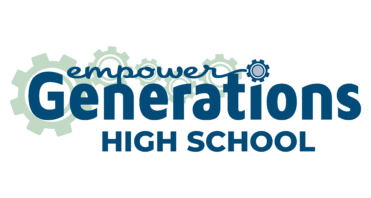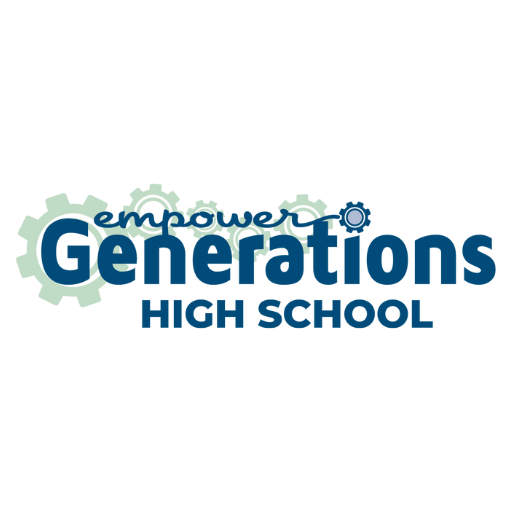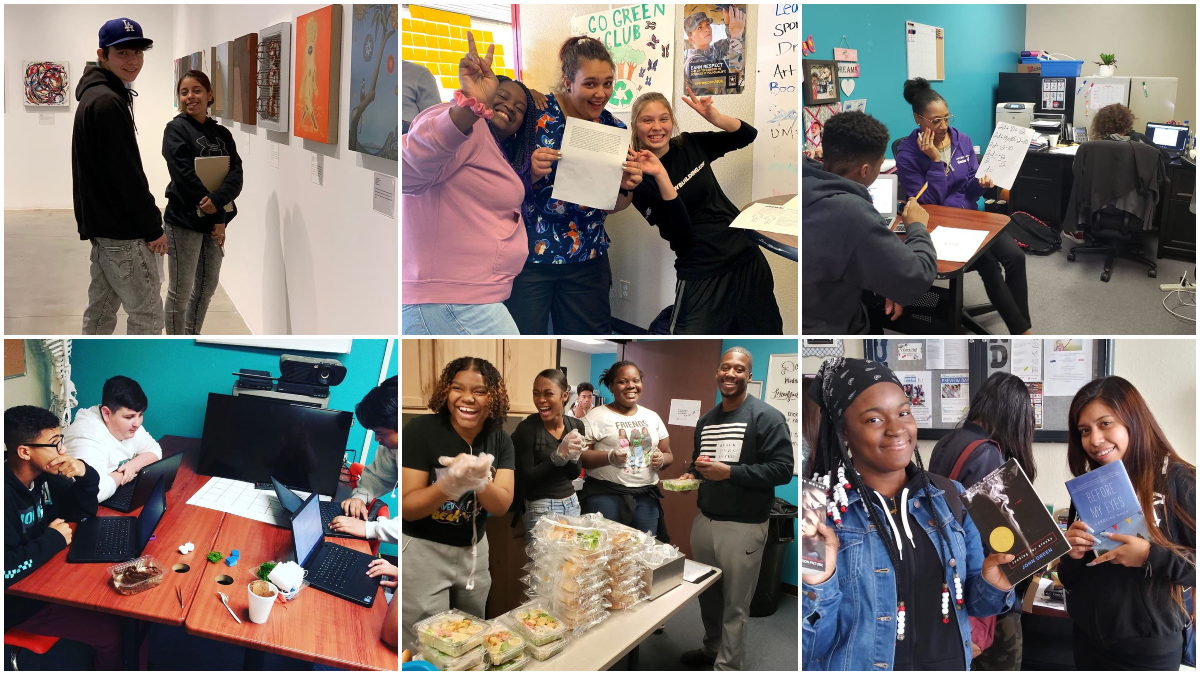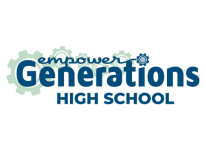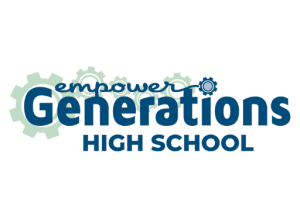Exploring the Empower Generations Culture: The 7 Habits
Happy New Year! We hope your 2020 is off to a good start. As we head into the second half of the school year, we’re happy to introduce a new series of articles in the Monday Message, aimed at unpacking some of the essentials of the Empower Generations educational model.
Our educational model is driven by much more than simply making sure children are good students. Rather, it’s focused on equipping them to be lifelong learners who are fully developed and prepared to lead in the 21st century.
Whether you’ve been part of the Empower Generations family for a while or are fairly new, you’ve most likely heard a lot of talk about “The 7 Habits” and how important they are to what we do. Stephen Covey’s best-selling The 7 Habits of Highly Effective People has been deeply influential in the shaping of the Empower Generations approach to project-based learning, as well as our staff development. We are constantly inspired by how we see our learners put the 7 Habits into action.
Over the coming weeks, we’ll expand on each of the habits, how they relate to learning at Empower Generations, and even practical ways you can incorporate them into your daily life.
To get things started, though, we wanted to take today to introduce the 7 Habits.
- Habit 1: Be Proactive: Being proactive is about taking responsibility for your life. Proactive people focus their time and energy on things they can control instead of reacting to or worrying about conditions over which they have little or no control.
- Habit 2: Begin With the End in Mind: At the heart of this is beginning each day, task, or project with a clear vision of one’s desired direction and destination, and then continuing by flexing proactive muscles to make things happen.
- Habit 3: Put First Things First: This is where Habits 1 and 2 come together. It happens day in and day out, moment by moment, and deals with many of the questions addressed in the field of time management. Habit 3 is about life management, as well — your purpose, values, roles, and priorities.
- Habit 4: Think Win-Win: This habit presents life as a cooperative arena, not a competitive one. Win-win is a frame of mind and heart that constantly seeks mutual benefit in all human interactions. A win-win approach means agreements or solutions are mutually beneficial and satisfying.
- Habit 5: Seek First to Understand, Then Be Understood: This habit can help transform communication. Too often, many of us can listen with the intent to reply, not to understand. We can filter everything we hear through our life experiences and our frame of reference. Consequently, we decide prematurely what the other person means before they finish communicating.
- Habit 6: Synergize: This is the habit of creative cooperation. It’s a process of teamwork, open-mindedness, and the adventure of finding new solutions to old problems. It thrives on the idea that the whole is greater than the sum of the parts.
- Habit 7: Sharpen the Saw: Living a life in balance means taking the necessary time to renew yourself. To “sharpen the saw” means to preserve and enhance the greatest asset you have — you. It means having a balanced program for self-renewal in the four areas of life: physical, social/emotional, mental, and spiritual.
Coming up next week, we’ll dive into the first habit, Be Proactive, discussing what it looks like in practical terms and how you can make it part of your life.
RECENT POSTS
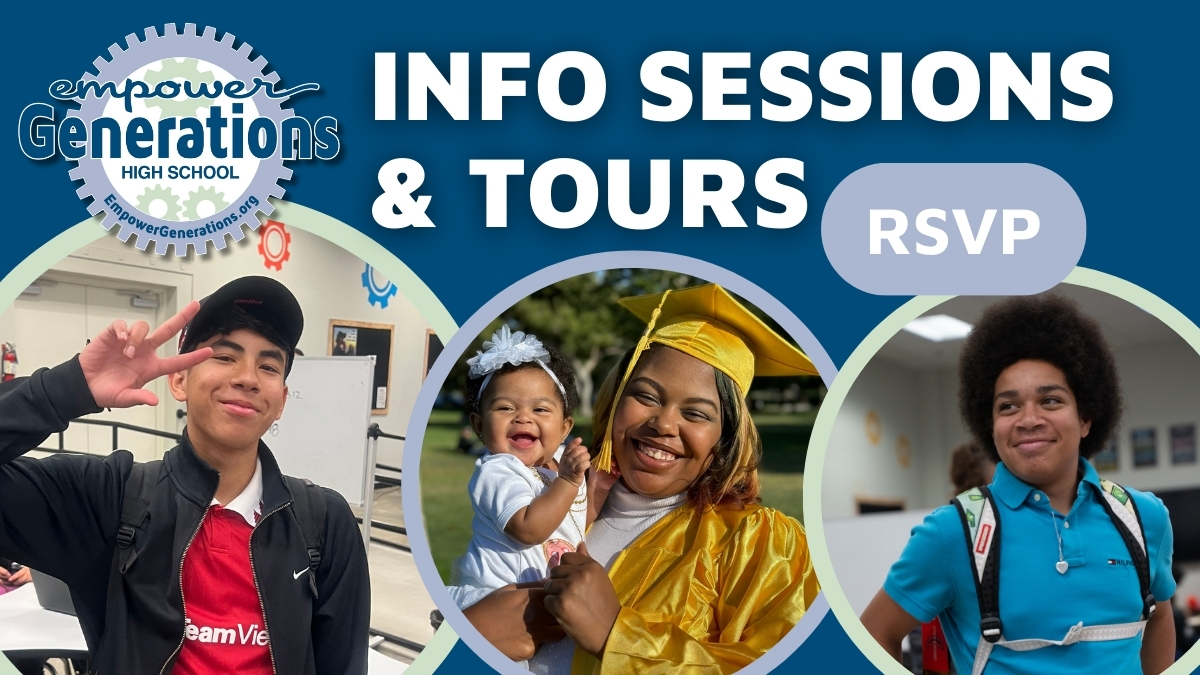
Empower Generations Info Sessions & Tours
We’re excited to invite you to join us to learn about our free, public high school in Lancaster, CA: Empower Generations High School! We’re hosting virtual info sessions every Wednesday Read more…

Upcoming Events
Wed., 3/19: Virtual Info Session, 5:00-6:00 PM. RSVP Wed., 3/26: Virtual Info Session, 5:00-6:00 PM. RSVP Mon., 3/31-Mon., 4/7: Spring Break Tours are available every weekday. RSVP

Empower Generations Learners Ride AVTA and Metro for Free with GoPass
Empower Generations learners, your GoPass cards are available! With your GoPass card, you are eligible for free rides on both Antelope Valley Transit Authority (AVTA), Metro Los Angeles buses and Read more…
